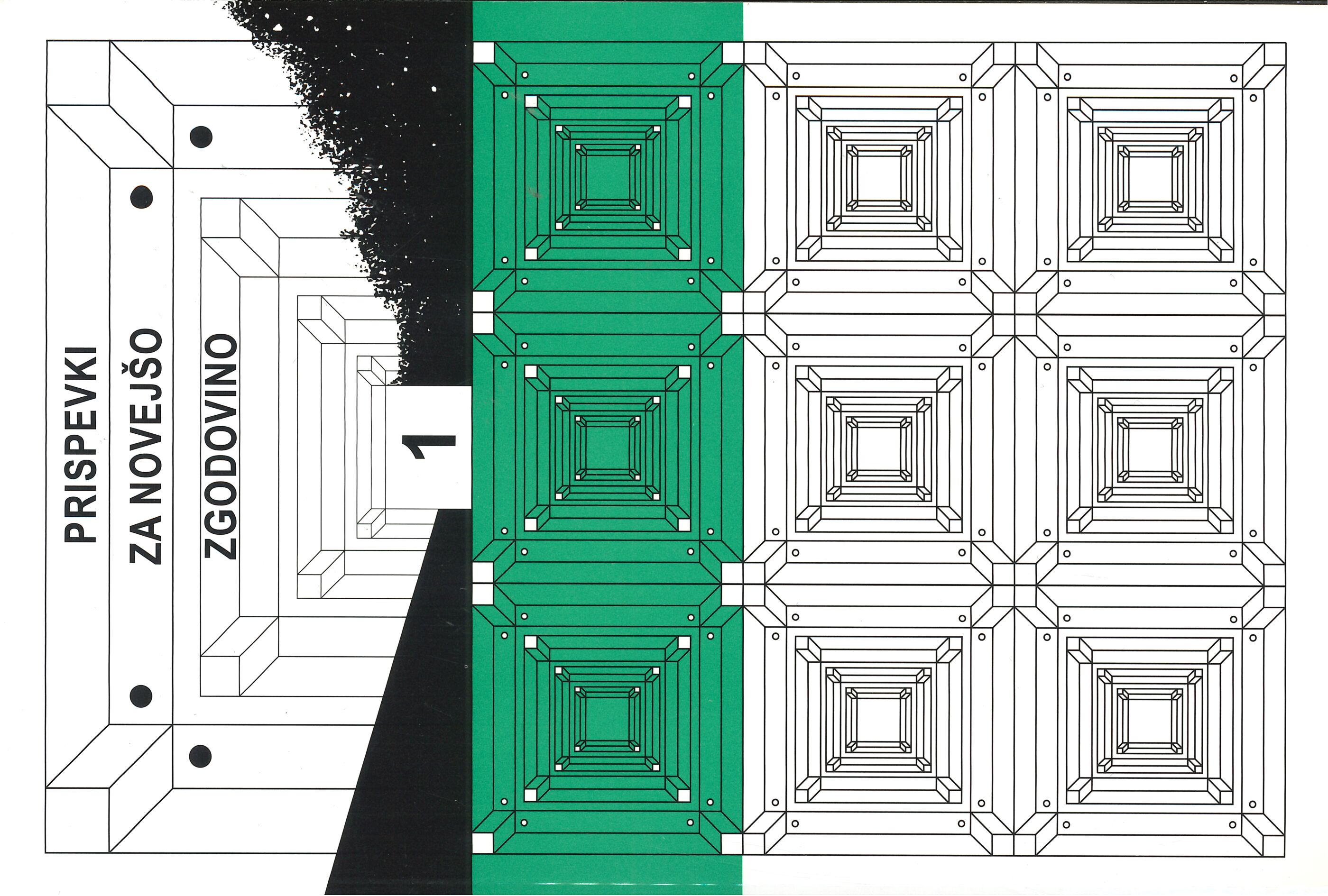The Questions of the Ideological, Political, Social, National, and Cultural Co-habitation in the Thought and Practice of the Slovenian Marxists Since the End of the 19th Century Until the Beginning of World War II
Keywords:
Slovenia, Yugoslav Social–Democratic Party, Communist Party of Yugoslavia, Communist Party of Slovenia, democracy, revolutionAbstract
The following contribution focuses on the definitions and direct activities in the context of the Marxist ideological–political camp since the middle of the 1890s, when the Yugoslav Social– Democratic Party was established, and in the period of the First Yugoslavia, when the Marxists were divided between the reform and revolutionary ideas. The article looks at their envisioned socio–economic concept, based primarily on the interests of the working class, and consequently on the conception and realisation of democracy. Furthermore the article analyses the Marxist attitude and practical reactions towards the Catholic, liberal, as well as the internally diverse Marxist camp. It also clears up the interests of the nation as a whole, as well as the concepts of the cultural development in view of the other ideological–political orientations in Slovenia.
Downloads
Published
Issue
Section
License
Authors who publish with this journal agree to the following terms:
- Authors retain copyright and grant the journal right of first publication with the work simultaneously licensed under a Creative Commons Attribution License that allows others to share the work with an acknowledgement of the work's authorship and initial publication in this journal.
- Authors are able to enter into separate, additional contractual arrangements for the non-exclusive distribution of the journal's published version of the work (e.g., post it to an institutional repository or publish it in a book), with an acknowledgement of its initial publication in this journal.
- Authors are permitted and encouraged to post their work online (e.g., in institutional repositories or on their website) prior to and during the submission process, as it can lead to productive exchanges, as well as earlier and greater citation of published work (See The Effect of Open Access).


